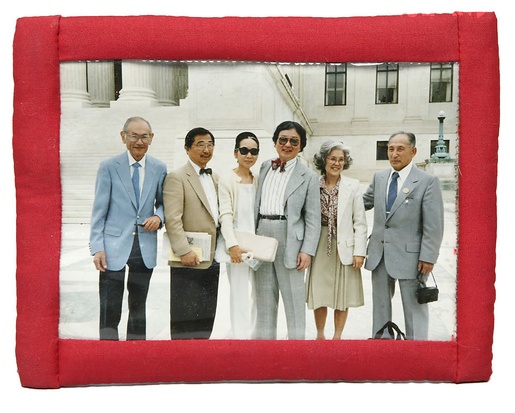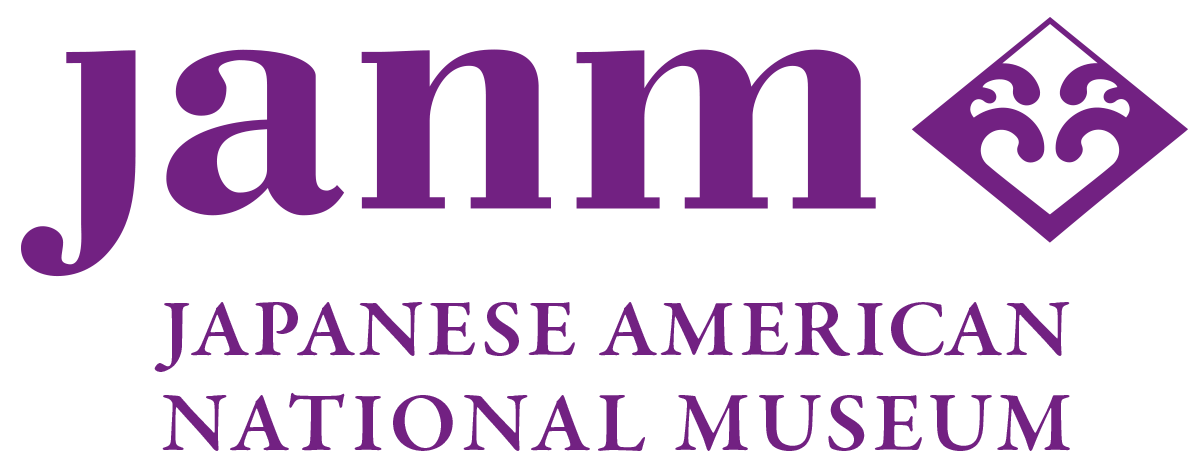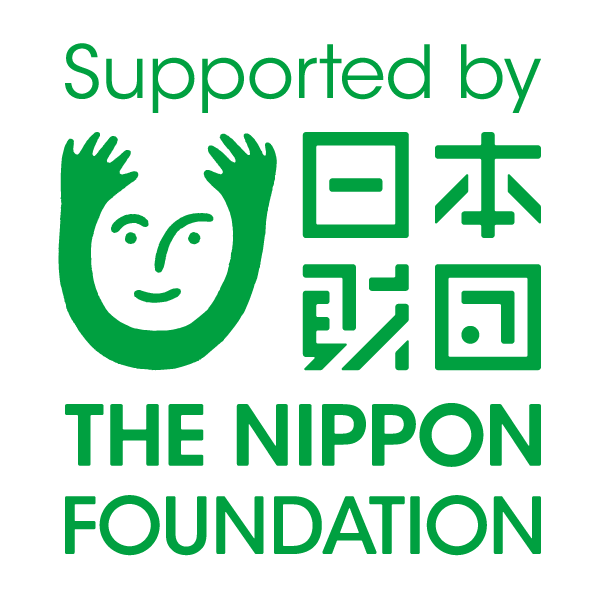

Japanese American History from Early Immigration to Present Time
 nicolemyoung
nicolemyoung
|

|
||
| Licensing | ||
Japanese Americans and the U.S. Supreme Court
Four cases arose during WWII that challenged the constitutionality of curfew and exclusion orders as well as the incarceration of Japanese Americans in WRA camps.
Curfew:
June 21st 1943- court ruled against both Gordon Hirabayashi and Minoru Yasui supporting their decision by claiming that, “the danger of espionage and sabotage to our military resources was imminent, and that the curfew order was an appropriate measure to meet”.
Exclusion:
December 18th 1944- court ruled against Korematsu, citing the same “military necessity” rationale used in the prior two cases
40 years later, all three cases are re-opened and the supreme court filed a Coram Nobis (writ of error) for Hirabayashi, Korematsu, and Yasui cases. Unfortunately, Min Yasui died in 1986 before the final judgment of his appeal making his case moot. Hirabayashi and Korematsu had convictions for curfew and exclusion order violations vacated for government misconduct.
1988- Fred Korematsu was awarded the Medal of Freedom by President Clinton for his life-long stand for freedom.
Unlawful Detention:
July, 1942- Mitsuye Endo filed a petition for writ of Habeas Corpus while incarcerated at the Tanforan Assembly Center. Endo was a citizen of the United States, a state employee, had never been to Japan, did not speak Japanese, and had a brother in the army, making her the perfect plaintiff.
December 18th 1944- Court ruled in her favor, their decision based on technical issue of WRA authority to apply leave regulations to loyal citizens. Knowing the pending Endo decision, War Department issued a press release one day earlier, which effectively closed the camps.
Based on this original

|
NCJAR Photo |
 editor
editor
 Japanese American History from Early Immigration to Present Time
Japanese American History from Early Immigration to Present Time
 Journal feed
Journal feed
